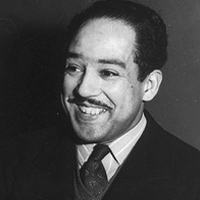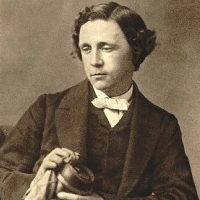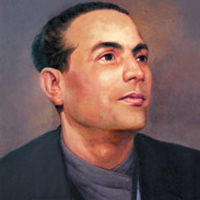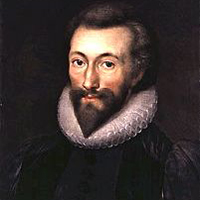Dream Variations by Langston Hughes: Summary and Critical Analysis
The poem Dream Variations by Langston Hughes is a nostalgic lyric which poignantly expresses the singer’s wish for a carefree life away from color persecution and racial discrimination. The title of the poem suggests Hughes’s main theme of the Afro-American dream. This poem is notable for its musical changes.




